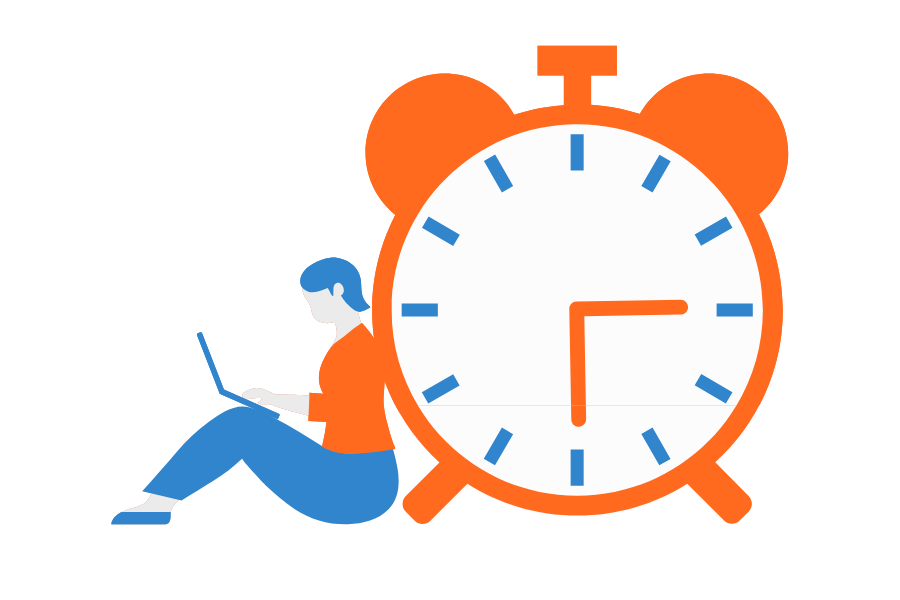Understanding Business Expenses: Types, Categories, and Management
Running a successful business involves more than just generating revenue – it requires a keen understanding of your expenses. Business expenses are the costs associated with keeping your company up and running.
By comprehensively tracking and categorising these expenses, you can not only create a more accurate budget but also gain insights into your company’s financial health.
What Are Business Expenses?
Business expenses encompass all the costs involved in the day-to-day operations of your company. A thorough understanding of these expenses is crucial for budgeting, tracking spending, and calculating your final net profit. Expenses are subtracted from your revenue to determine your company’s taxable income.
Some expense categories are tax-deductible, which can significantly reduce your tax liability. Consulting a tax specialist can provide valuable insights into specific deduction regulations and industry standards.
Types of Business Expenses
Business expenses typically fall into three main categories:
1. Fixed Expenses
Fixed expenses, also known as overhead, remain consistent over reporting periods. Examples include rent or insurance payments. These costs tend to stay the same for an extended period, providing stability to your budget.
2. Variable Expenses
Variable expenses fluctuate throughout the reporting period. Costs like shipping expenses and utility payments fall into this category. They can vary based on your company’s activities and needs.
3. Periodic Expenses
Periodic expenses occur occasionally across different reporting periods. Examples include emergency equipment repairs and annual bonuses. These expenses can be more challenging to anticipate and budget for due to their sporadic nature.
Common Business Expense Categories
To effectively manage your business expenses, it’s helpful to group them into categories.
1. Location Costs
Location expenses cover the costs associated with securing a business location. These fixed expenses include mortgage payments and rent or lease payments, which can remain stable for extended periods.
2. Utilities
Utilities encompass essential services like heat, water, and electricity. Depending on your lease agreement, these costs may be included in your rent, making them fixed expenses.
3. Telephone and Internet
These may include fixed costs for landlines or mobile phone plans and internet services.
4. Business Insurance
Business insurance can cover areas like group health, property insurance, liability coverage, and workers’ compensation.
5. Office Equipment
Office equipment costs may include computers, printers, office supplies, and specialised equipment relevant to your industry.
6. Employee Salary and Benefits
Employee-related expenses involve covering payroll costs and benefits such as vacation time. Depending on your business, these expenses can be hourly or salaried. Costs for freelancers or contracted employees can also fall into this category.
7. Marketing Expenses
Costs in this category encompass social media campaigns, website design, logo design, and advertising expenses.
8. Business Fees
Business fees include expenses like licensing or permits. These fees can occur periodically, such as when starting a company or renewing licenses, and may be deductible in certain situations.
9. Business Meals
Some businesses have regular expenses related to business meals, such as taking clients out to lunch.
10. Business Travel
Business travel expenses can vary widely depending on your industry and may include costs for company cars, transportation, lodging, and meals.
11. Education
Education expenses can encompass seminars, webinars, conferences, and classes that add value to your company.
12. Loan Repayment and Interest Payments
Loan repayment and interest payments on business loans to credit card companies, banks, or vendors are considered expenses.
13. Depreciation
Depreciation accounts for the spread of costs over the useful life of assets like office furniture and company cars.
14. Payroll
Payroll expenses include wages, additional allowances, taxes, perks, and payroll service fees for your employees.
15. Taxes
Tax expenses encompass all taxes related to your business operations.
16. Software Subscriptions
Software subscription expenses include the monthly fees for paid applications used by your employees.
17. Miscellaneous Fees
Miscellaneous expenses cover various occasional costs, such as office maintenance or cleaning services.
How to Categorise Business Expenses
To effectively group your business expenses, consider the following steps:
- Accounting Method: Identify your preferred accounting method, whether manual or electronic, to track and categorise expenses.
- Fixed vs. Variable Costs: Differentiate between fixed and variable costs based on their frequency and amount. Fixed costs tend to stay consistent, while variable costs fluctuate.
- Stay Up-to-Date: Maintain up-to-date records of your expenses by using modern bookkeeping systems or outsource to a professional accounting service.
- Continuous Review: Regularly review your expenses to avoid errors and detect any policy violations.
At Counto, we understand the importance of expense management for businesses. If you need expert guidance or assistance with managing your business finances, including tax, accounting, or incorporation services, talk to usto learn more about how we can support your business needs.
How Software Can Help with Expense Management
Expense management and reporting can be challenging, but automation can simplify the process. Expense management software offers several benefits, including:
- Faster Processing: Automation reduces manual paperwork, making expense processing faster and more efficient while reducing the risk of errors.
- Convenience: Many software solutions allow easy receipt scanning, ensuring convenient expense tracking.
- Data and Analytics: Expense management software provides valuable insights from spending data, helping you make informed financial decisions.
- Integrations: These tools often integrate seamlessly with other business applications, facilitating data transfer for a cohesive experience.
- Policy Enforcement: Software can enforce policy compliance by notifying management of any violations.
- Auditing: Every transaction is recorded digitally, creating a transparent audit trail for financial purposes.
Summary
Effectively managing your business expenses is essential components of financial success. By utilising modern expense management software, you can streamline your financial processes, optimise your budget, and ensure the long-term success of your business.
Try Counto BillPay
An all-in-one bill payment, spend management, and accounts payable solution. Automate financial processes and set custom smart rules, thanks to intelligent AI. Want to schedule a demo? Speak to us directly on our chatbot, email us at hello@counto.sg, or contact us using this form.
Here’s an article you might find helpful:

 United States
United States Singapore
Singapore United Kingdom
United Kingdom





